The third last title on my Time Out Best 100 List countdown was Edgar G. Ulmer’s 1934 film The Black Cat. It took some doing, as it was surprisingly difficult to find,
but I finally managed to track it down.
Newlyweds Peter (David Manners) &
Joan (Julie Bishop) and a mysterious doctor named Werdegast (Bela
Lugosi) end up at the manor of Hjalmar Poelzig (Boris Karloff) after
their bus crashes. Soon, the couple realize they are caught in the
middle of a deadly vendetta between the two men.
The Black Cat is an odd little film. I
can certainly see the significance, since this was the first time
that genre juggernauts Bela Lugosi & Boris Karloff appeared in
the same film together. I can only imagine what a big deal that
would’ve been in the thirties – Universal obviously did as they
continued pairing them for many years afterwards. I mean, the only
thing that even approaches this from our era is perhaps Freddy vs.
Jason, and that took over a decade to produce just a single outing.
I was certainly glad to see Karloff in
a more dialogue heavy role this time around. Up to this point, I'd
only seen him in roles that were either incidental or cursory, like
The Old Dark House and 1968's Targets – which, granted, he's super
badass in – or sympathetic, like his legendary role as
Frankenstein's monster. In The Black Cat, he gets to play a straight
up villain. Lugosi is, of course, in top form as well, continuing his
hypnotic cadence that made his turn as Dracula so iconic.
 |
| Lugosi (left) & Karloff square off in The Black Cat. |
I have to say though that I found how
little this film resembles the Edgar Allan Poe story it is supposed
to be based on rather distracting. I realize the film says it only
“suggests” the Poe story, but I was definitely expecting more than just that a black cat happens to walk into frame every
once and a while. It was quite baffling. I guess the use of a
recognized work to sell an unrelated project is not a new tactic, but
silly me, I thought those were more innocent times. But then again, I
am talking about a film that involved war criminals, Satan
worshippers, torture and implied necrophilia, so maybe it's not so
innocent, after all.
Getting back to the cat, I think it
gets a raw deal in this picture. The feline in question not only gets
called the living embodiment of evil in one scene, but is also
skewered with a letter opener in another. Perhaps most peculiar is
when Peter later says,
“Strange about the cat. Joan seemed
so curiously affected when you killed it.”
Really? I don’t how things were in
the thirties, but nowadays chicks tend to frown upon animals being
impaled in their presence.
| The title character in one of its rare appearances. |
At a scant sixty-five minutes, The
Black Cat actually manages to feel longer due to a narrative which
seems to be pulling in different directions at once. As I said
before, I understand the significance but its inclusion
on Time Out List seems a little dubious.

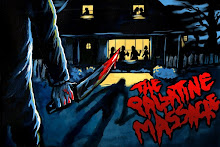

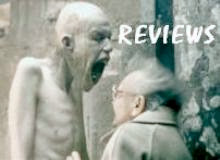



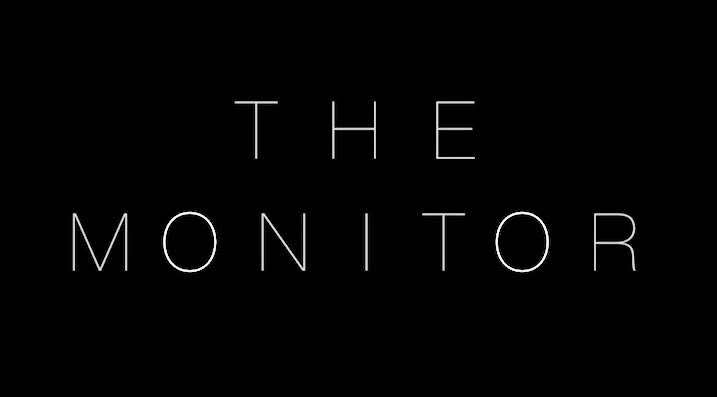

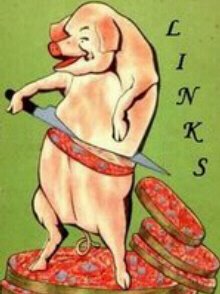
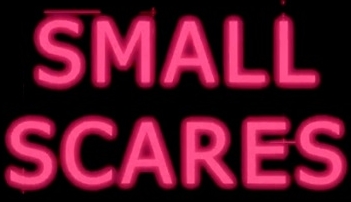





No comments:
Post a Comment